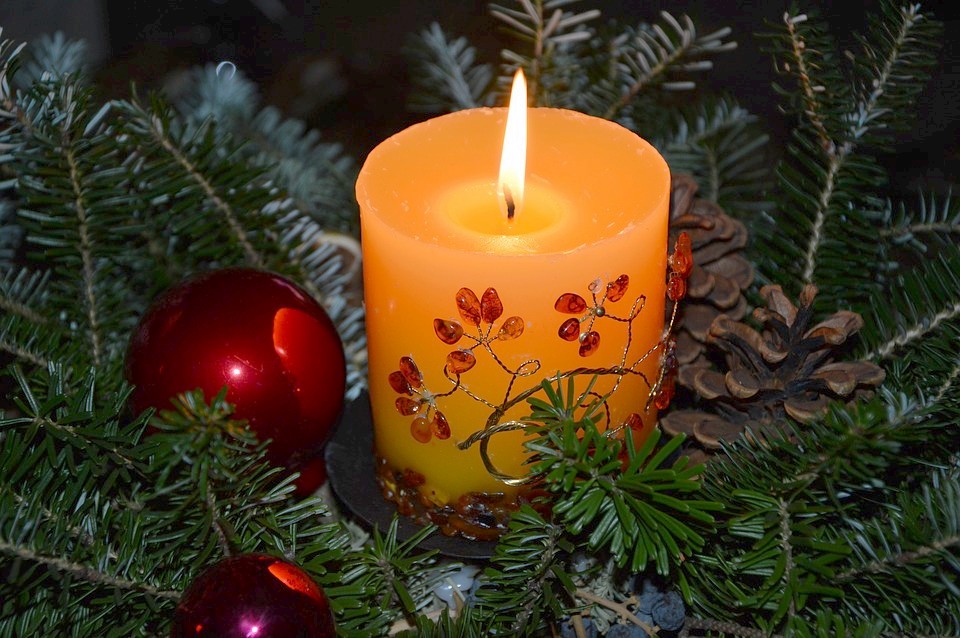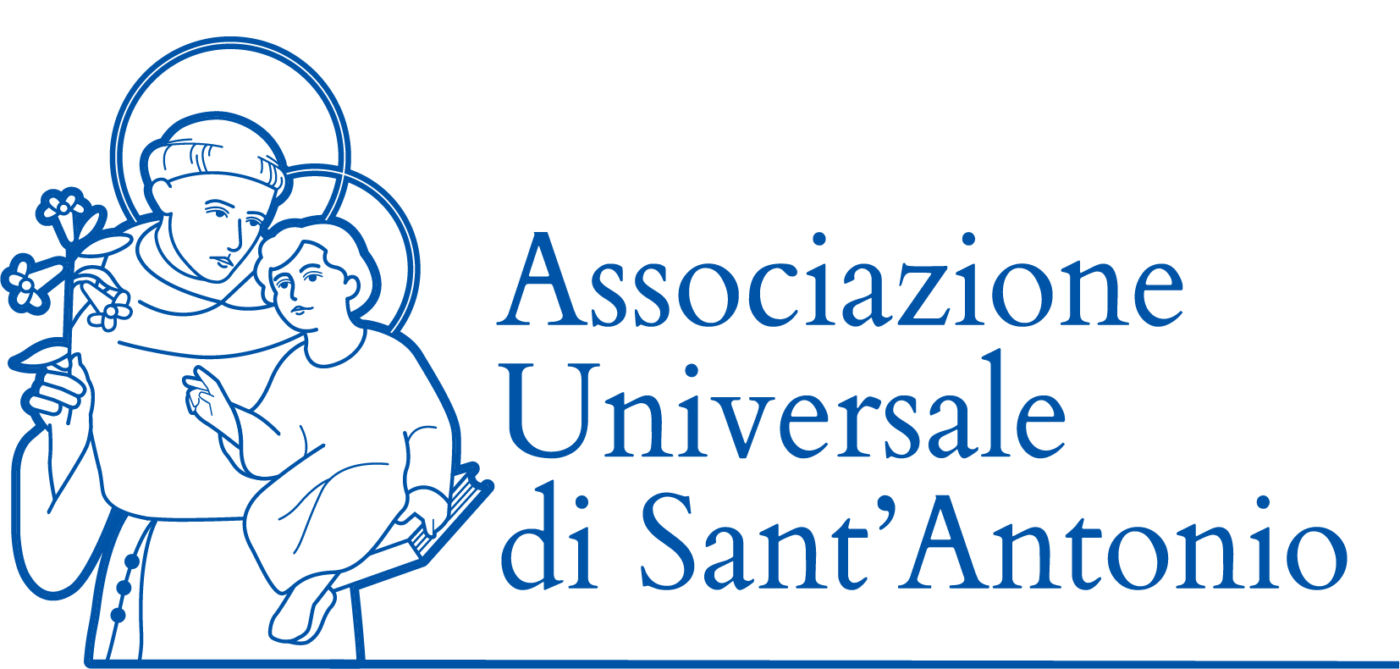On 1 December the time of Advent, that is, the time of preparation for Christmas, begins. In order to prepare for the birth of the Messiah, it is useful to read a page from a book that we have not yet dealt with. It is the book of the prophet Baruch (the closest collaborator of Jeremiah), which is set during the exile in Babylon.
The piece we are considering, to be more precise, is set at the end of the exile. The prophet imagines the city of Jerusalem as a woman who is distressed and humiliated because her children are no longer with her: sitting on the ground, in the dust, dressed in mourning.
He says to her: get up and dress up, because your Lord is with you! In the first verses there are many images concerning the clothes of the woman-city: take off your robe of mourning and misery, put on the splendour of glory from God, wrap in the mantle of His justice, place on your head the diadem of the glory of the Eternal One…
A few lines earlier, Baruch had imagined the city addressing its children with words full of sadness: “Farewell, my children, farewell; I am left desolate. I have taken off the garment of peace, have put on sackcloth for my prayer of supplication; while I live I will cry out to the Eternal One”(Bar 4:19-20).
But now this time is over: now is the time to dress up for the feast; now, Jerusalem, you must be beautiful, because “God will show your splendour to all under the heavens”; now wear the dress of God’s glory, keep on your shoulders the cloak of His righteousness and wear His crown. In a nutshell, Baruch is saying to Jerusalem: put on God, He is your beauty!
If the dress is what appears, what is seen first of a person, the name instead indicates the interiority, the deep being. And here too there is a change: “You will be named by God forever: the peace of justice, the glory of God’s worship”. It is a program of life: from now on—as God wants—Jerusalem will be the home of justice, of that righteousness towards God and towards men that is the foundation of peace; it will be the place where God (piety) is respected and honoured, and this will be his glory. Ezekiel would say, “From now on the name of the city is ‘The LORD is there’” (Ezek 48:35).
In a few words, we could say that Baruch repeats only one thing: Jerusalem has been transformed by God in His image; now it should try to make this new reality visible so that everyone can admire its beauty. Baruch had made us imagine Jerusalem as a mother who weeps every day for her missing children and there are no words to console her.
Only one message convinced her to wipe her tears and stand up: Look, they are all coming back, “led away on foot by their enemies they left you: but God will bring them back to you”. God Himself will pave the way for His people, He has commanded “that the valleys be filled to make level ground, that Israel may advance securely in the glory of God”.
Not only that, God will intervene in the climate too, to make the journey easier: on the way from Babylon to Jerusalem there is only desert, but in those days there will be lush vegetation to support the refugees returning home. If the history of Israel is turning the page, it is because at a certain point God takes the situation into His own hands. The subject of everything that is happening is God: it is He who gives Himself to Jerusalem, He gives it a new name, He paves and sweetens the way for His children to return to cheer the mother who awaits them.
As Julian of Norwich wrote, God “is our dress, and out of love He wraps us, He embraces us and encloses Himself all around us, He is close to us with tender love, and He never abandons us”.
Fr. Carlo Broccardo


 Italiano
Italiano Français
Français
